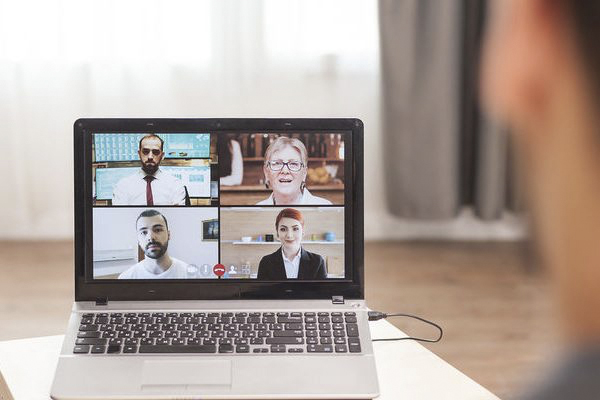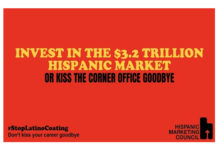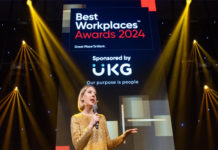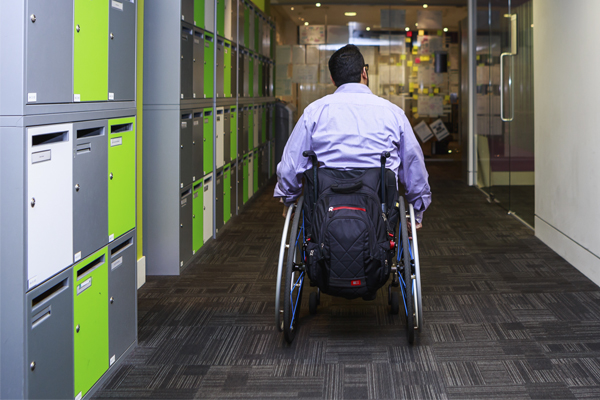As the UK continues to emerge from the latest period of lockdown and with the vaccination programme making good progress, many businesses are considering what a return to the workplace might look like.
Business Disability Forum’s CEO Diane Lightfoot explores what this means for both employed and unemployed disabled people. She also reflects on how last year’s events have impacted the workplace disability inclusion agenda.
At Business Disability Forum, we are seeing that awareness of disability in the workplace has increased over the last year. I believe that this is in part due to the fact that we have all had to work differently and this has led to many questioning whether the ‘usual’ ways of working are really the best or necessary. For many disabled people working differently to achieve the same ends has always been the ‘usual’. It has simply taken a pandemic for the rest of the world to catch up.
The findings of our Business as (un)usual research show the speed with which businesses had to change their workplace practices and the shift this created. The research, conducted in May 2020, found that in the initial response to the pandemic, over 80% of BDF Members had introduced flexible ways of working. This included reviewing normal working hours and allowing home working, where possible. Over 60% said they had seen an increase in the requests for adjustments from both disabled and non-disabled employees. Over 90% agreed that changes introduced as a result of Covid-19 would lead to a lasting change in attitude towards flexible and home working.
DISABILITY INCLUSION RESOURCES
We have also seen a growth in enquiries from non-Member organisations; organisations which are at the beginning of their disability inclusion journey. We know that it can be difficult to know where and how to begin, so we recently launched our ‘Getting Started’ toolkit; which is sponsored by Lloyds Banking Group. The resource aims to provide organisations with clear and practical advice on how to begin to identify and breakdown barriers for both disabled employers and customers. In our experience, a fear of getting it wrong is often one of the biggest barriers that has to be overcome. So, as well as looking at areas such as inclusive recruitment and delivering good customer service, we have also included resources on talking to people about their disabilities; as this is an area that we are often asked about.

The success of The Valuable 500 campaign has also increased awareness of disability within the diversity field and at board level. To be doing ‘something’ on diversity is no longer good enough (and, of course, never was). The campaign commits CEOs to driving forward meaningful change within their organisations by putting disability on their leadership agenda. The Valuable 500 campaign recently celebrated signing up its five hundredth organisation. A fantastic milestone.
DISABILITY BEYOND THE PANDEMIC
So, the signs that change is happening are good, but what does this mean in practical terms for disabled people returning to the workplace or looking for work, and for employers?
There will be far more flexibility over how and where roles are carried out; with hybrid working set to become the new ‘normal’. In a piece of research from our partner Microsoft, 66% of leaders said their company is considering redesigning office space to accommodate hybrid working. ‘The next great disruption is hybrid working – Are we ready?’ also showed that 73% of workers surveyed said they want flexible remote work options to continue.
This is positive news for many disabled people who find working in a more flexible way beneficial, in terms of managing their disability or condition. But, with change, comes new challenges. Is the system for booking workspaces in the office accessible for users of assistive technology, for example? If office space is limited, how do you decide who gets to come into the office? Remember that some people, including some disabled colleagues, will want to and may need to return to the workplace full-time. What about the costs of providing specialist equipment for colleagues who want to work both at home and in the office?
INCLUSIVE RECRUITMENT PRACTICES
We are also seeing a growing awareness of the importance of inclusive recruitment practices to ensure that disabled talent isn’t overlooked. Again, this is welcome news, but it is important that employers see barrier-free recruitment as an end-to-end process; which begins with the job description and person spec and goes right through to the onboarding. As organisations look to rehire, it’s a good time to review your recruitment practices; and consider how they will be viewed by disabled candidates and fit with new ways of working.
So, as we look to the future there is much to be positive about; but there are still many questions that we need to work out and answer. This is a topic that we will be discussing at length at Business Disability Forum’s annual conference on 30 June (online); entitled ‘Disability: What’s New, What’s Next’.
2020 was a year like no other. In 2021, we have the opportunity to take those learnings and create news ways of working which drive forward disability inclusion in our workplaces. Disability inclusion is on the move. Decisions made by employers and employees in the coming months will decide the direction of travel.

AUTHOR BIOGRAPHY
Diane Lightfoot is CEO of Business Disability Forum; a not-for-profit membership organisation that supports businesses to recruit and retain disabled employees and to serve disabled customers. Business Disability Forum’s members now employ around 20% of the UK workforce and 8 million people worldwide. They range from FTSE 100 firms and central Government departments; to technology, transport and construction companies, retailers, higher education providers and public services bodies.
Lightfoot sits on a number of boards. They include the Government’s Disability Expert Advisory Panel and the Institute of Coding’s Diversity & Inclusion Board. She is Chair of the Disabled Students’ Stakeholder Group; a Commissioner for the Disability Commission, chaired by Lord Shinkwin and hosted by the Centre for Social Justice; co-Chair of the Disability Charities Consortium; and Chair of the Challenging Behaviour Foundation. She will be speaking at an upcoming DE&I roundtable on how to support hidden disabilities at work. Click here for more information.




































